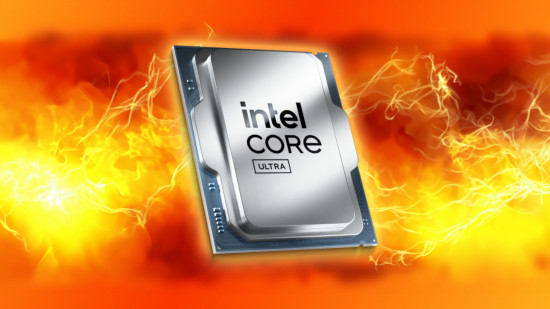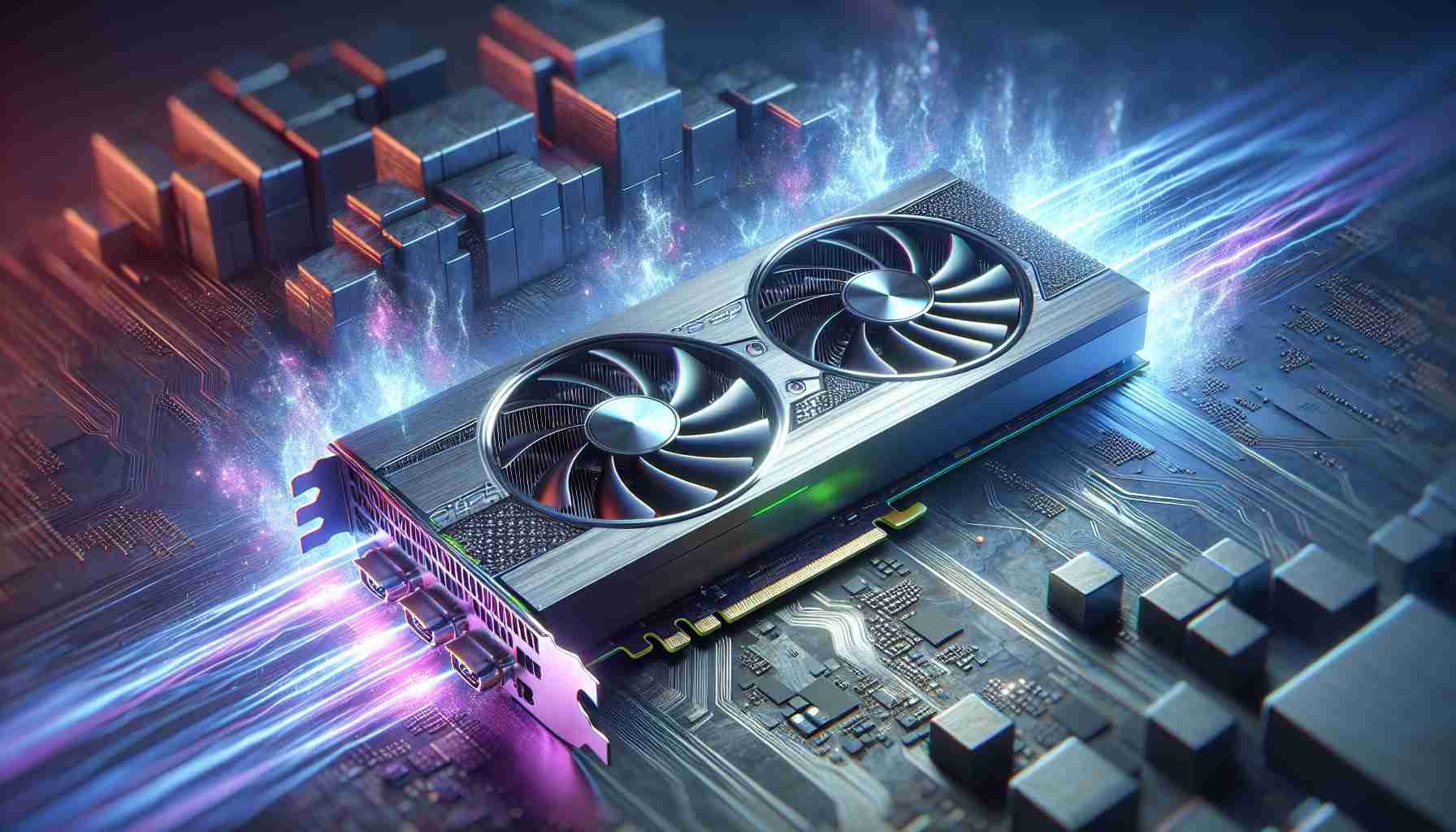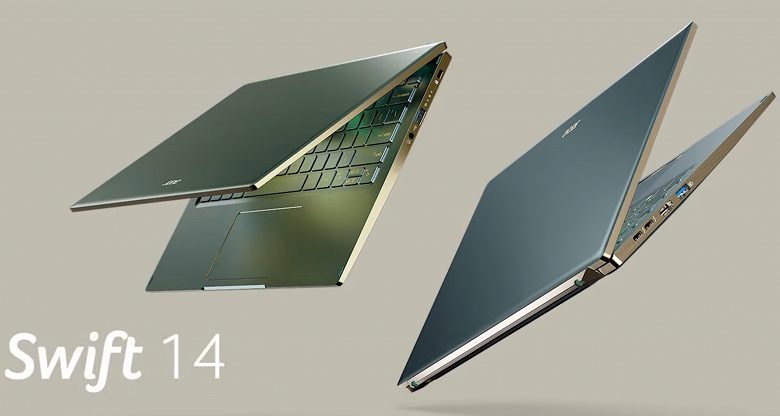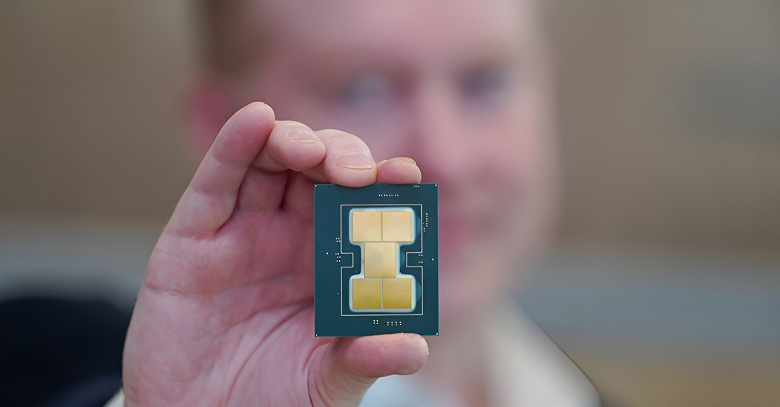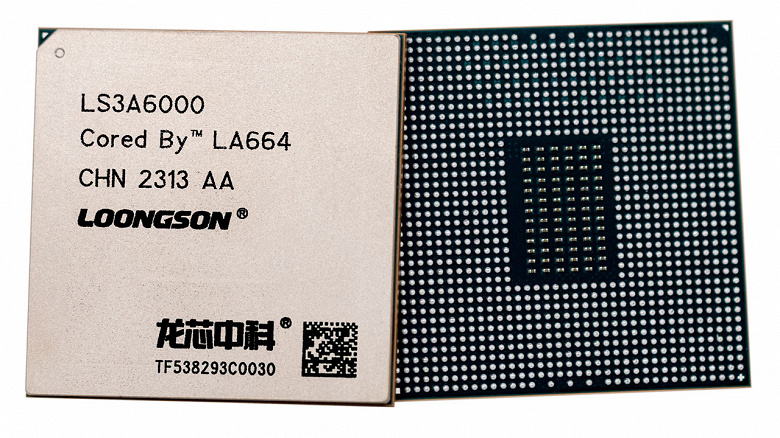Intel fixes 7nm process technology: 7nm desktop Meteor Lake processor will be released in 2023
At last night’s Intel Unleashed: Engineering the Future event, Intel’s new CEO Pat Gelsinger made some key announcements about 7nm technology being developed in-house. The essence of the statements boils down to that Intel was able to solve all the main problems that previously led to unpleasant delays in the release of 7nm products. Now, the implementation of this technical process is moving in full accordance with the plan.

Gelsinger announced that Intel would continue to manufacture the bulk of its products in its own factories. Tuning the 7nm technology is progressing well: the company has overcome earlier difficulties by making more active use of ultra-hard ultraviolet (EUV) lithography, which has generally simplified and stabilized the technology.
It was announced that the first product to be launched using the new 7nm process would be a desktop processor codenamed Meteor Lake. Lithographic masks for producing a 7-nm crystal with its “computing part” will be transferred to production in the second quarter of this year, after which the process of growing crystals and then testing them will begin. Simultaneously, the delivery of serial batches of Meteor Lake to customers is scheduled for 2023.
In the story about Meteor Lake, Intel explicitly mentioned that this product would be built from several semiconductor crystals assembled into a single whole using proprietary technologies, for example, using the Foveros 3D vertical layout. It was also said that such methods would find wide application in a variety of future products. This will allow you to combine them from different components and easily adapt to different customers’ needs.
Along the way, Intel does not refuse to cooperate with external contractors and expects to expand relations with third-party semiconductor manufacturers such as TSMC, Samsung, GlobalFoundriers, and UMC. As announced, Intel plans to transfer orders to partners to produce individual modular components using the most advanced technological processes. They will become integral parts of Intel products for both the client and server markets, starting in 2023. Using advanced contractor technology in conjunction with proprietary 7nm technology will allow Intel to optimize products in cost, performance, and lead time. Gelsinger described it as a competitive advantage for the company entrusted to him.
